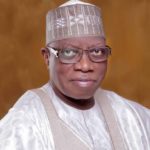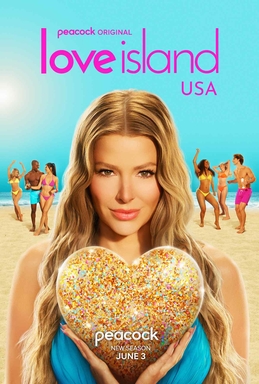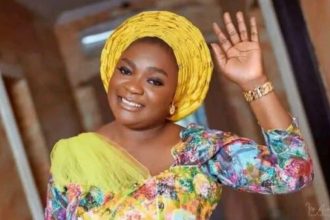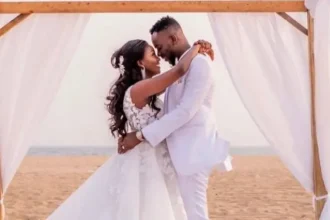Six weeks after the finale of Love Island USA in Fiji, Nigerian fans are counting down to the reunion episode, turning social media into a battleground of excitement, passion, and controversy.
According to BBC News, watch parties are being planned as fans prepare to stream the reunion set to air on Monday from Lagos to Abuja. For many, it is more than a show; it is an obsession. “Nigerians love drama. We love wahala,” said 20-year-old Lagos-based student Ashimi Olamiposi, using the Nigerian Pidgin word for trouble.
This season sparked intense global reactions, with Nigerian viewers accused of trying to influence public voting through social media campaigns. Online fan wars escalated after claims that organized groups pooled money to buy American phone numbers so they could vote for their favorite contestants, despite geo-restrictions.
Love Island USA, a spin-off of the British reality dating show, follows contestants, known as islanders, as they couple up in a luxury villa in Fiji, compete in challenges, and face public votes for a chance to win $100,000 and possibly love.
This year’s winners, Amaya Espinal and Bryan Arenales, paired up in the final week and are still together. But much of the Nigerian attention was drawn to 24-year-old Huda Mustafa, whose emotional moments and strong personality turned her into a fan favorite. “She came for the right reason and had depth,” Olamiposi said.
Nigerians tweeted about Love Island USA over 2.1 million times during the season, with a record 574,000 tweets in a single day. Fans used VPNs to bypass restrictions and accessed episodes either through the broadcaster Peacock or from anonymous uploads on YouTube.
Veteran television producer Donald Clarke, who worked on the first Big Brother Nigeria, explained that Nigerians’ attachment to reality TV is deep-rooted. “Nigeria has a huge storytelling culture. Nollywood is a symptom of that. That drifts into reality TV and the way Nigerian viewers watch it,” he said, adding that social media magnifies that passion.
For some, the emotional investment is linked to Nigeria’s political history. Dr Wendy Osefo, a Nigerian-American sociology lecturer and cast member of Real Housewives of Potomac, said, “The biggest reality TV is our political system,” explaining that decades of military rule and disputed elections have shaped Nigerians into spectators seeking engagement and expression elsewhere.
The online culture, however, has sparked criticism from viewers in the US and the UK. One user wrote on X, “Please ban Love Island from Nigeria,” while another said, “Why is it always Nigerians with this toxic attitude towards TV shows?”
“We’re passionate, not toxic. Support = love, not sabotage,” argued @IslandLoyalist, pushing back against critics.
“Why are Nigerians always trying to game the system?” mocked a viewer abroad—highlighting the tension between enthusiasm and controversy.
Olamiposi dismissed the negativity, pointing out cultural differences in how fans interact. “Black Americans always make it about race, whereas Nigerians don’t bother so much with that,” she said.
With the reunion episode hours away, fans are rallying online, ready to support their favorites and replay the season’s drama. “I want everybody to stand on business, ten toes down,” Olamiposi said, referencing viral phrases from the show that encourage loyalty and authenticity.
For Nigerian fans, the reunion is not just another episode. It is the grand finale of a season where their voices, loud and sometimes divisive, left a mark on a global stage.











